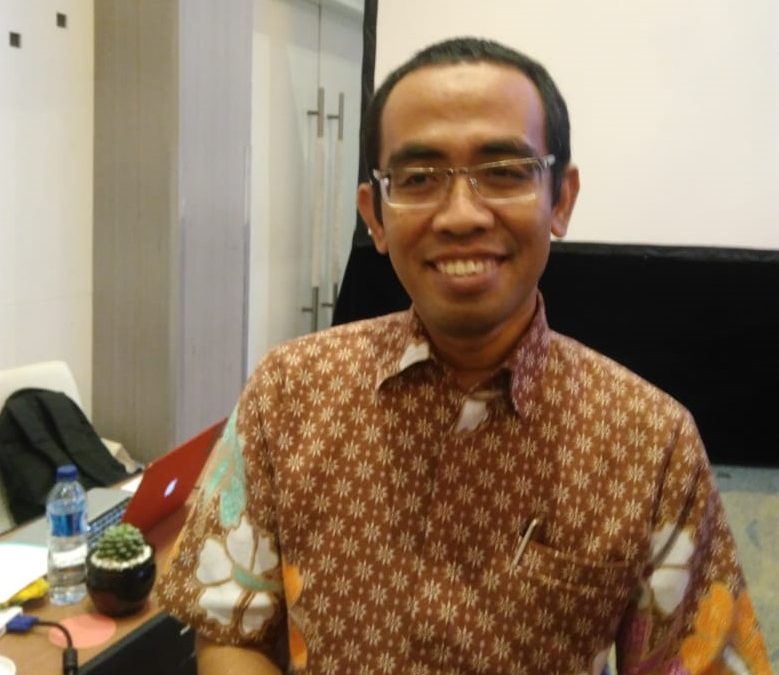Regarding the Survey of Teacher Intolerance in Indonesia, These Are PPIM Recommendations

Intolerance and Radicalism have occurred since the earliest education
October 17, 2018
63% of teachers in Indonesia have an intolerant view
October 17, 2018NU.OR.ID – The Center for the Study of Islam and Society (PPIM) UIN Jakarta conducted a study that focuses on the views and attitudes of school/Islamic school teachers from Kindergarten / RA to SMA / MA levels in Indonesia.
There were 2,237 people surveyed from 34 provinces in Indonesia. In simple terms, this survey portrays four things: intolerance opinion, intolerance action intention, radicalism opinion, and radicalism action intention.
The survey results show that as many as 63.07 percent of teachers in Indonesia have intolerant opinions towards followers of other religions (IAT). Meanwhile, from the questionnaire data, there was 56.90 percent of teachers with intolerant opinions. For intolerance action intentions, as many as 37.77 percent of teachers in Indonesia have intolerance actions against followers of other religions.
Meanwhile, in terms of radical opinion, the survey shows that 46, 09 percent of teachers have radical opinions towards non-Muslims. And as many as 41.26 percent of teachers have the opportunity to take radical action intentions if the opportunity arises.
On the aforementioned findings, the Director of the Center for the Study of Islam and Society (PPIM) of UIN Jakarta, Saiful Umam, delivered three recommendations aimed at policymakers. First, increase the number of programs that provide teacher experiences to experience diversity and diversity.
“There will be more programs that bring Muslim teachers together with followers of other religions for discussion, dialogue. This must be improved so that the experience is not homogeneous, ”said Umam after the PPIM Survey Launching event in Jakarta, Tuesday (16/10).
Second, improving teacher welfare by establishing a minimum teacher payment standard without differentiating between private and public. Third, empowerment of institutions that produce teachers – such as the Tarbiyah faculty, paying more attention to teachers of non-National Exam subjects, honorary teachers, and private teachers so that there is no difference in treatment.




